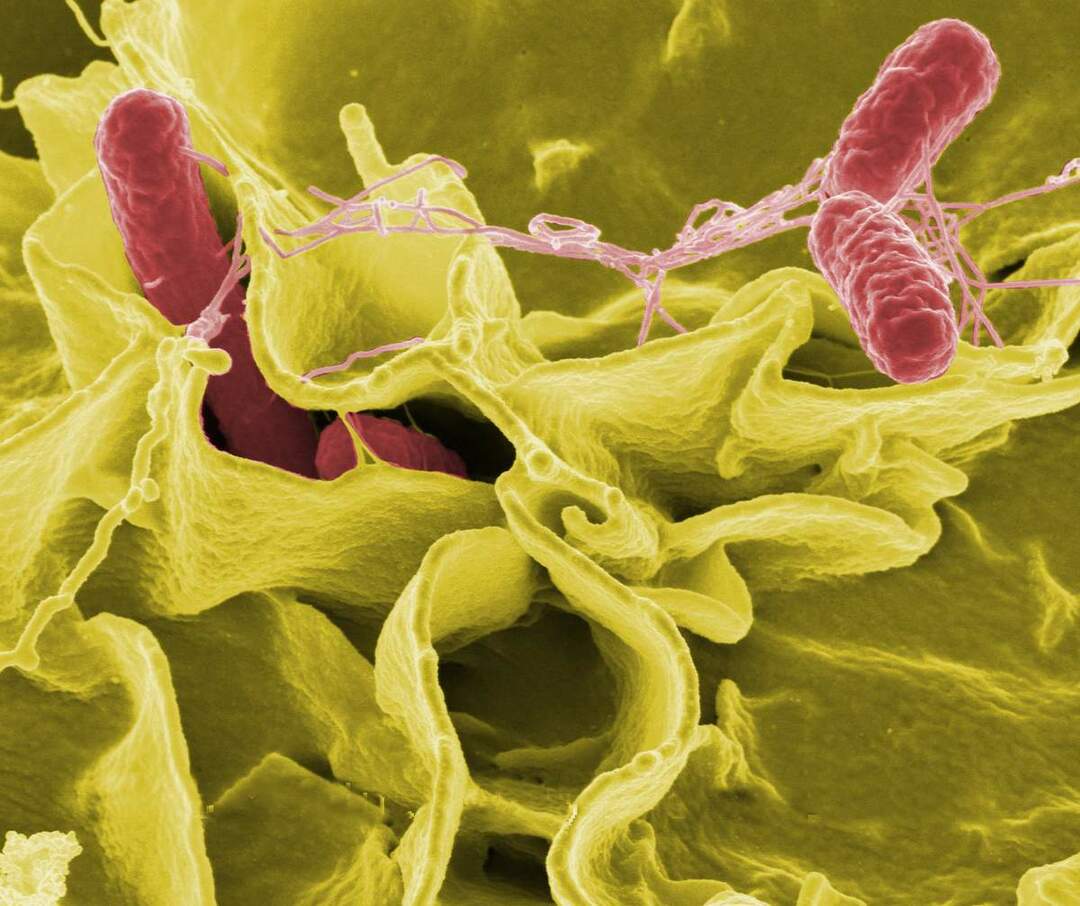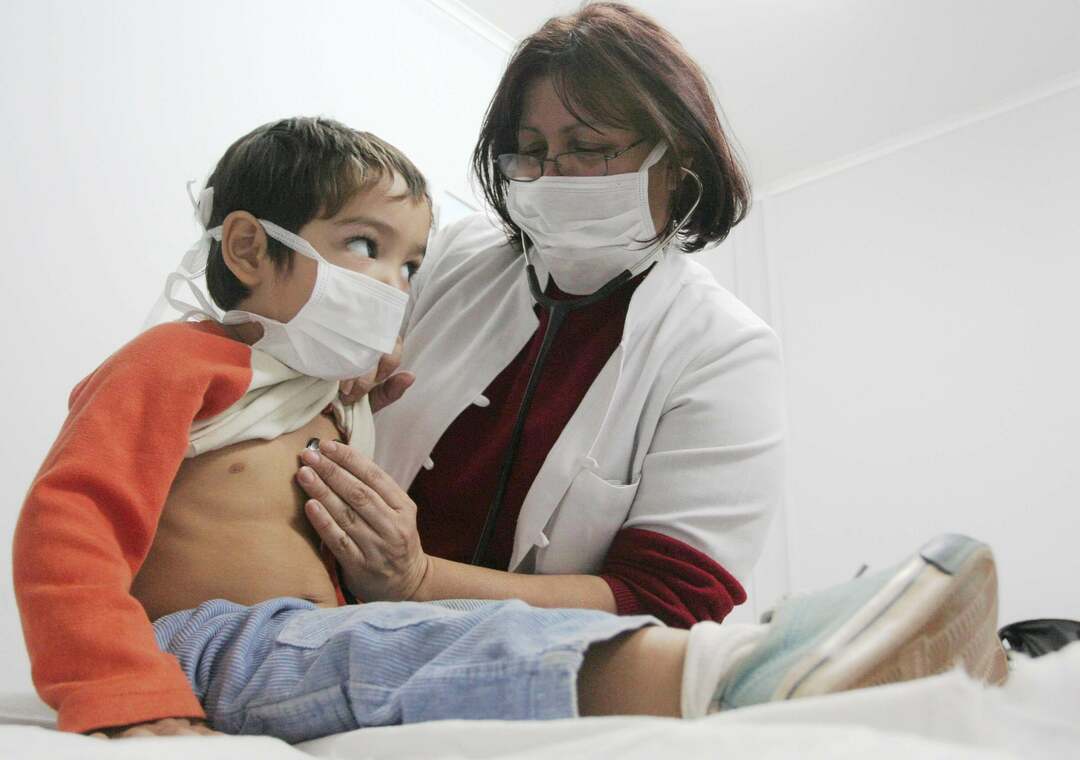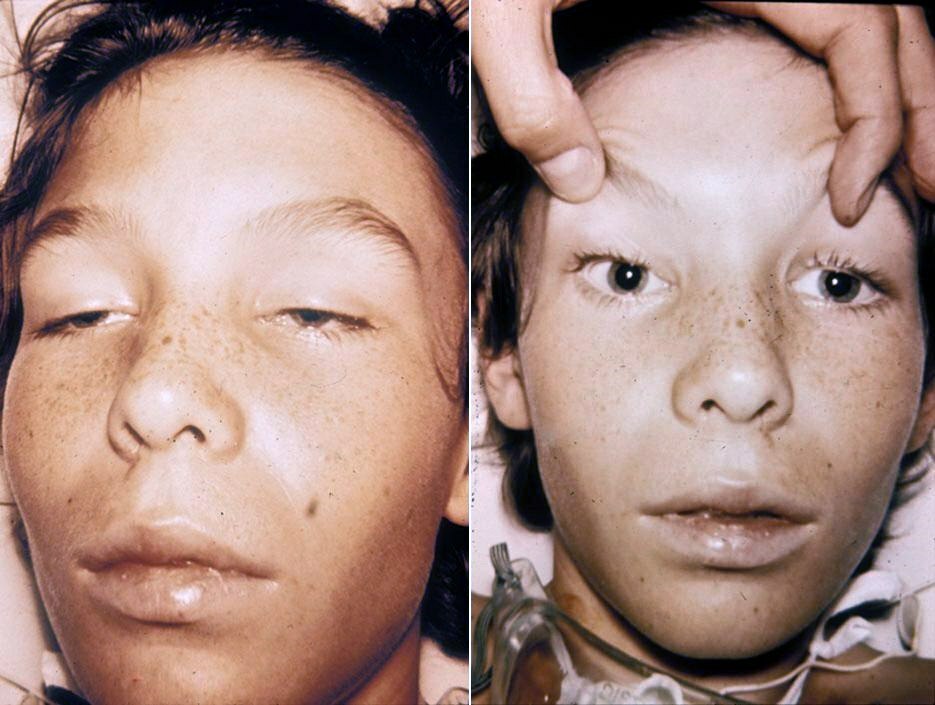Hong Kong Flu Symptoms and Treatment
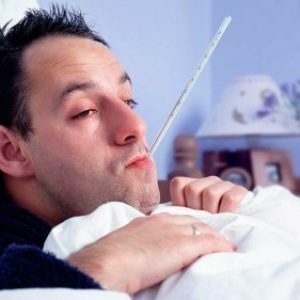
Every year during the winter months, the incidence of ARVI and influenza is increasing throughout Russia. However, this winter, Russians will face a new strain of the influenza virus - A / Hong Kong /4801/ 2014( H3N2) . Doctors are very afraid of this pathogen, as it can provoke not just an epidemic in some regions of the country, but a serious pandemic that will cover the entire territory of the state.Similar things happened in 1968, when the flu caused by the virus, very similar to the one under consideration, raged in Hong Kong and in several other countries of the world.In the end, this disease was called "Hong Kong flu".
The Hong Kong flu is especially dangerous for children of the first two years of life and the elderly, they often develop complications of the disease. The rest also need to be on check, as there is no immunity to this disease among Russians, so everyone can get sick.
Table of contents: Symptoms of the Hong Kong flu Complications of the Hong Kong flu Treatment of the Hong Kong flu Prevention of the Hong Kong fluSymptoms of the Hong Kong flu
The first signs of the Hong Kong flu patient begins to feel 1-2 days after infection.These symptoms are basically the same as in other types of flu:
-
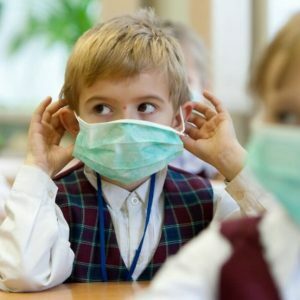 Severe intoxication, which is manifested by weakness, headache, malaise and even nausea.
Severe intoxication, which is manifested by weakness, headache, malaise and even nausea. - Very high body temperature, which is not always possible to knock down the first time.
- Chills.
- Pain in lower back, back, arms, legs, eyes.
- Nasal congestion and throat.
- Dry cough.
Some patients have digestive disorders against the background of the described symptoms - diarrhea, stomach pain, vomiting.
The severe condition is maintained, usually 3-4 days. Then all the symptoms begin to gradually go to naught: the body temperature normalizes, the well-being improves, a runny nose, a sore throat, a cough.If the patient continues to feel bad, the temperature does not return to normal, or it rises after a short period of improvement, it is necessary to sound the alarm.These signs indicate that the body is too weak to cope with the infection, and there may be complications.
Complications of the Hong Kong flu
As the 1968 pandemic shows, Hong Kong influenza can cause serious complications:
- myocarditis;
- pneumonia;
- encephalitis;
- of meningitis;
- shock state.
In addition, it is possible to develop tracheitis, bronchitis, ear inflammation and paranasal sinuses.Distant consequences of influenza can be dysfunction of the liver, pancreas, kidneys, endocrine glands.
It is also worth noting that in people with chronic internal diseases, the Hong Kong flu can trigger serious aggravation and decompensation of these ailments. Children with congenital heart diseases, diseases of the nervous system, diabetes, bronchial asthma, and adults suffering from cardiovascular and pulmonary diseases are at great risk.
Treatment of the Hong Kong flu
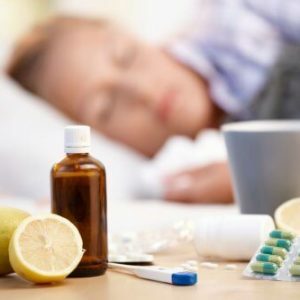 When the first symptoms of influenza appear, the patient should stay at home. Going to a kindergarten, school, to work in this state provokes a prolonged course of the disease, the development of complications and, what is more important, puts at risk of contamination of surrounding people.In addition, you can not engage in self-diagnosis and self-treatment - the patient needs a doctor, which should be called at home.
When the first symptoms of influenza appear, the patient should stay at home. Going to a kindergarten, school, to work in this state provokes a prolonged course of the disease, the development of complications and, what is more important, puts at risk of contamination of surrounding people.In addition, you can not engage in self-diagnosis and self-treatment - the patient needs a doctor, which should be called at home.
Treatment of Hong Kong influenza is usually carried out at home.If the disease is severe, the patient may need to be hospitalized.With special care, doctors treat flu in young children, the elderly, people with chronic ailments, as well as in pregnant women.All these categories of the population can also recommend treatment in the hospital.
The treatment plan for the Hong Kong flu usually includes:
- Bed rest.
- Lightweight food and abundant drink.
- Antiviral therapy.
- Symptomatic treatment.
Antiviral drugs are not available in all patients with Hong Kong influenza.If the disease runs without complications, the body can fight itself with the infection, and it does not need additional help in the form of antiviral medications.In case of severe influenza, the patient may be prescribed funds active against influenza A viruses: Rimantadine, Oseltamivir.In addition, interferon preparations( eg, Viferon) and stimulators of interferon production in the patient's body( Cycloferon, mefenamic acid, etc.) can be used.
Special attention should be given to symptomatic therapy of the Hong Kong flu.People with influenza are prescribed:
- Antipyretic drugs. It is necessary to stock up several medicines( best of all, paracetamol and ibuprofen), since the temperature from the first time may not go down, but the dose can not be exceeded.If the child is to be treated, then there must be different dosage forms - syrup, suppositories( syrups are more effective at high temperature, and candles are suitable for lowering the small temperature and situations when the child tears after taking the syrup).Categorically, you can not knock down the temperature with the Hong Kong flu with aspirin, this applies to both adults and children.
- Means for sore throat. You can use rinse solutions, sprays, sucking pills.
- Cough remedies. If the cough is dry and debilitating, the doctor may prescribe an antitussive drug, but if the phlegm leaves - expectorant.
- Sorbents. These drugs reduce intoxication, so they can be used in the first days of the disease.
- Antihistamines. They relieve the swelling of the mucous respiratory tract, so the patient becomes easier to breathe.
- Vitamins. For influenza, patients are prescribed ascorbic acid.
Prevention of the Hong Kong flu
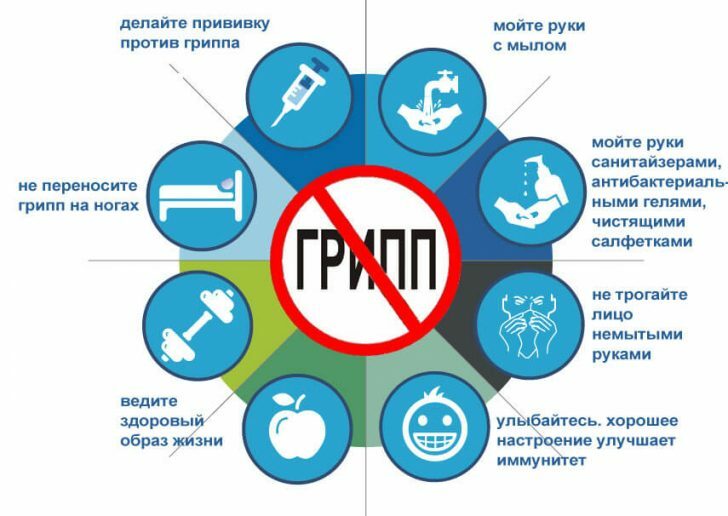
The most effective method of protecting against the Hong Kong flu is vaccination.Those who do not have time or simply do not want to be vaccinated must comply with the generally accepted rules for the prevention of respiratory infections:
- minimize contacts;
- wash hands more often and thoroughly;
- to ventilate several times a day working rooms and household premises;
- regularly conduct wet cleaning;
- periodically wipe disinfectants with mobile phones and other gadgets.
In addition, you should take care of your health - to eat fully, exercise, do not overwork.Before going out and after returning home, it is advisable to wash your nose with saline solution - this will be useful for people of any age.Moisturizing the nasal mucosa promotes activation of local immunity and removal of viruses and bacteria accumulated there from the nasal passages of the day.
Recommended to read:Zubkova Olga Sergeevna, medical reviewer, epidemiologist

